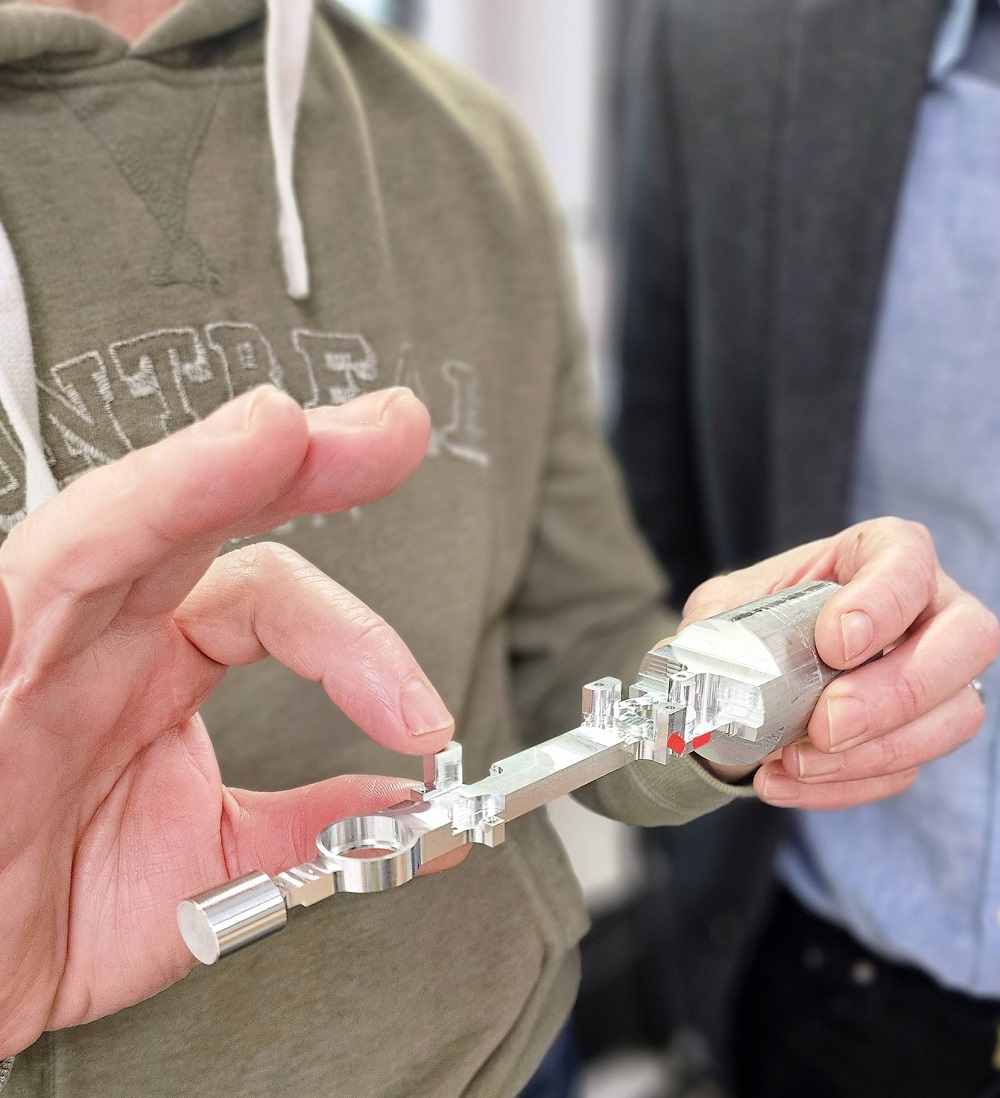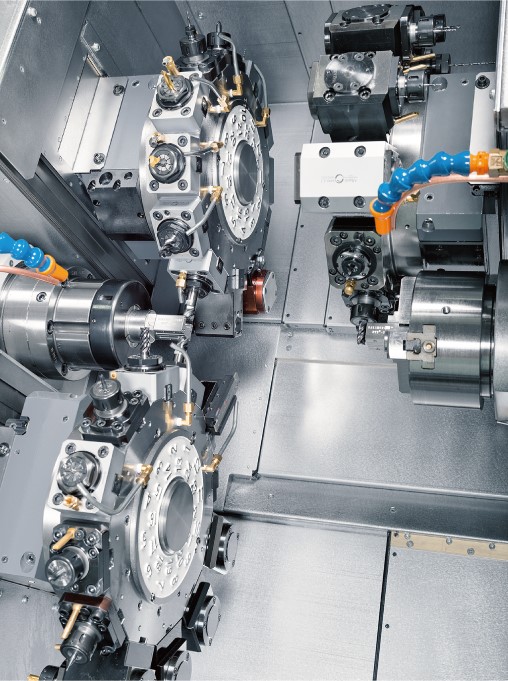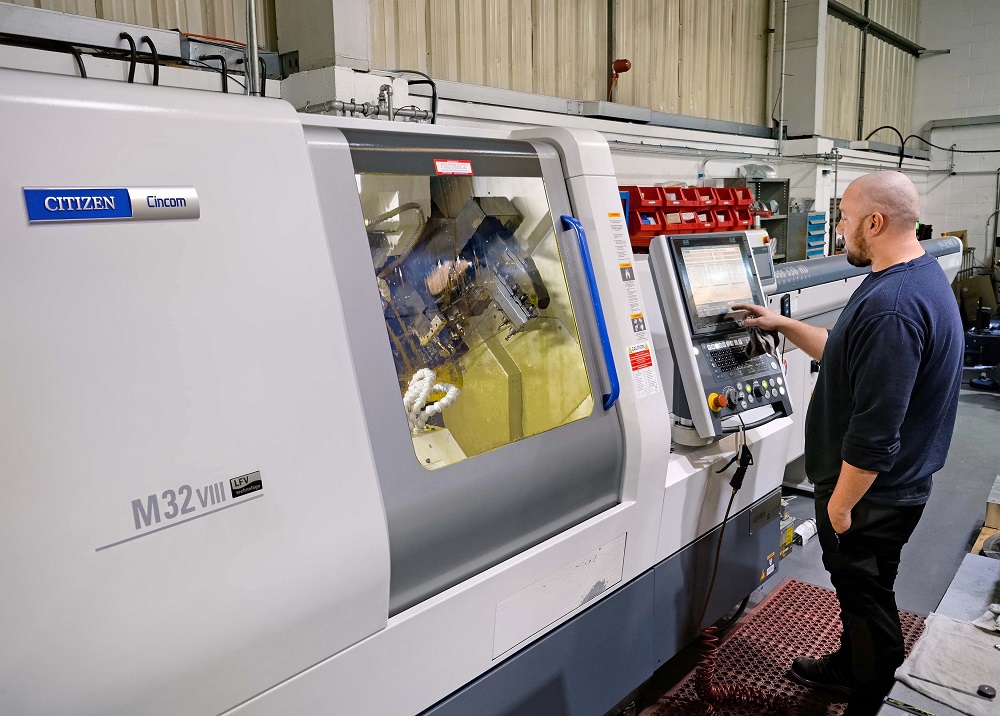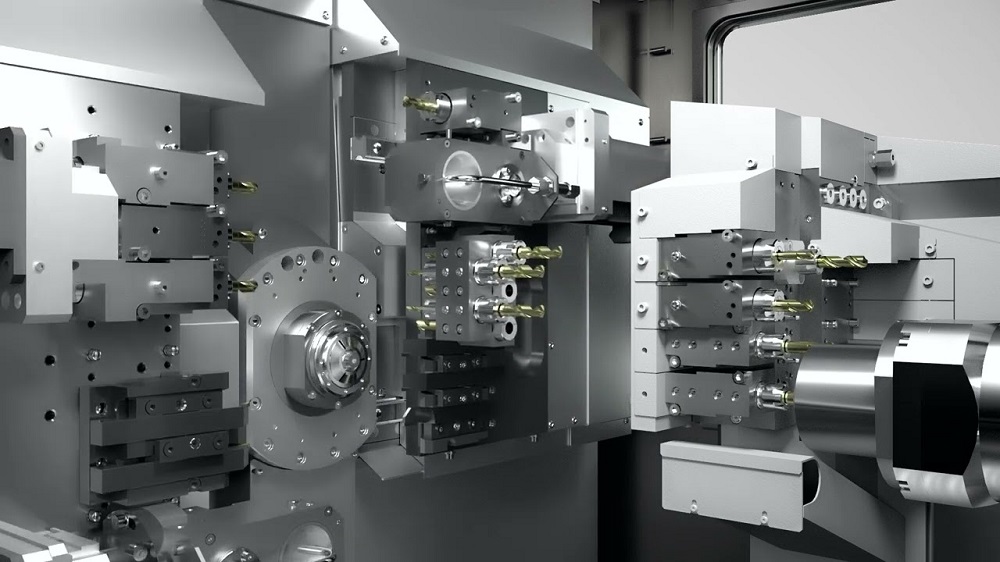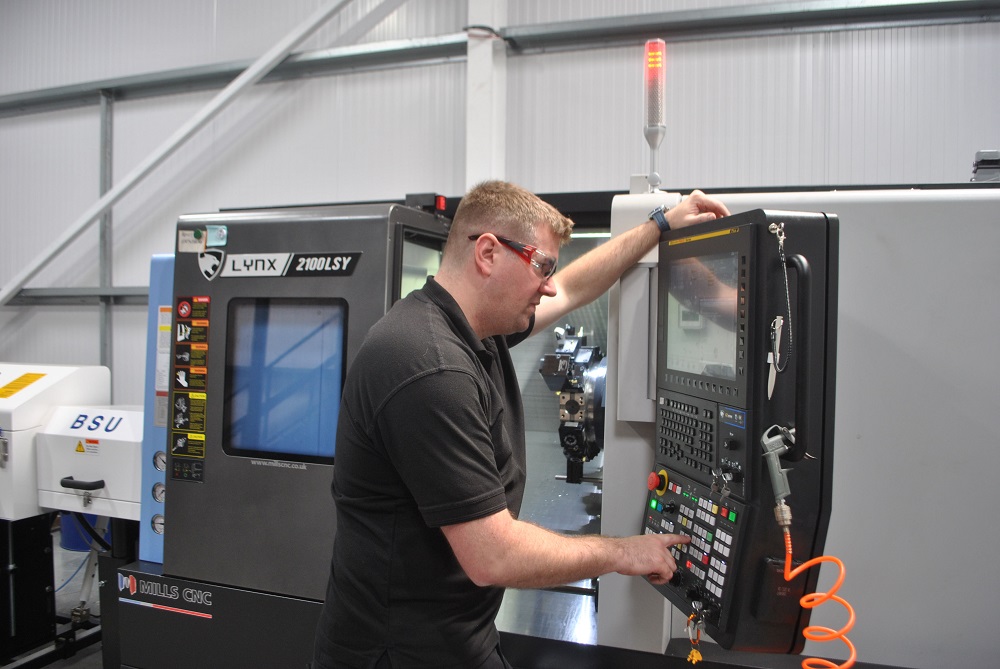Ireland-based Dawnlough Precision is a 110-employee subcontract manufacturing business that has travelled a relentless journey of growth since it started manufacturing tooling for the aerospace and medical industries back at the start of the millennium. This ascension has arrived through an aggressive growth strategy and investment in high-end machine tools, including two Bumotec 191neo turn-mill centres from Starrag.
“Our core business in the medical sector predominantly focused on vascular work and, from this, we’ve expanded our offering,” explains Keith Kennedy, aerospace production manager. “We now produce an array of components for our robotic-assisted surgical [RAS]customers, as well as consumable instruments.
It is here that the search for a suitable machine led Dawnlough to purchase its first Bumotec 191neo FTL-R in June 2022.
“We needed a machine that could offer accuracy of 2-3µm on production runs, short cycle times and incredible efficiency because it’s a very competitive market,” continues Kennedy. “We visited many companies offering high-accuracy machines, but it’s only as you look closer and purchase a machine for this type of work that you really see the added value they bring.
“Some of the functions of the Bumotec, such as thesoftware for monitoring the machine, the cutting load, the contact cutting time and the large 90-tool ATC are incredible.It was a huge investment and an unknown risk, but the Bumotec ticked all of our boxes.”
Following the success of the Bumotec 191neo in FTL-R configuration, the Galway company added a second Bumotec 191neo in March 2023. Supplied in FTL-PRM configuration, the subsequent Bumotec 191neo features complete automation and a 20-position pallet station for lights-out production.
For further information www.starrag.com






